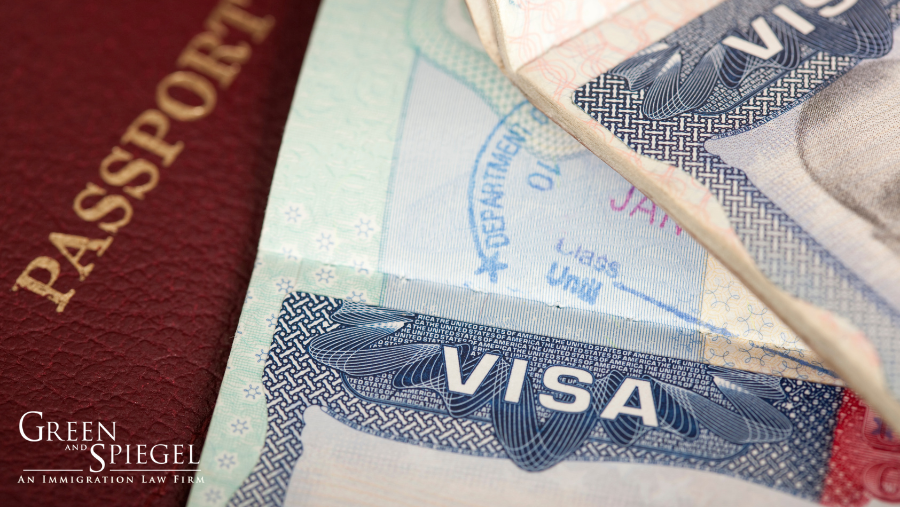While the push for complete immigration reform is slow-going in Congress, with some bipartisan effort, there may be hope for the next letter in the alphabet to make its way into U.S. Immigration Law: the W-1 visa.
What is the W-1 visa?
Introduced by Congresswoman Zoe Lofgren (CA-19), Chair of the House Subcommittee on Immigration and Citizenship, the W-1 visa would be created by the Let Immigrants Kickstart Employment (LIKE) Act (H.R. 4681) to allow immigrants to start companies in the United States.
Current immigration laws do not provide a specific immigration option for people who establish start-ups. After hearings on the outdated immigration system on July 13, Congresswoman Lofgren took action to create a clear pathway to entry for start-up founders. The LIKE Act provides opportunity for an initial approval of 3 years for those who:
- Have at least 10% ownership interest in a start-up entity that has received $250,000 from qualified US investors or $100,000 from government awards or grants;
- Play a central and active role in the management or operations of the entity; and
- Have the knowledge, skills, or experience to substantially assist the entity with its growth and success.
Founders will then be able to apply for a 3-year extension and two further 1 year extensions, given they meet certain benchmarks in job creation and revenue generation. The LIKE Act also includes the W-2 visa for essential employees of the start-up company, and a W-3 visa for the spouses and children of W-1/W-2 holders. W-3 spouses can also apply for employment authorization.
The W visa provides a path to citizenship as well. The visa is dual intent and allows the W-1 founder to self-petition for a green card as an immigrant entrepreneur, so long as they have created 10 full-time jobs and raised more than $1.25 million in investment or have more than $1 million in annual revenue in the 2 years preceding the green card application. The application would be subject to numerical limitations under INA sections 201, 202, and 203.
Why now?
One of the Biden Administration’s key campaign goals was widespread immigration reform. The start-up visa has long been a deficiency in the American immigration system. The Obama administration first addressed the issue of a lack of options for start-ups with the International Entrepreneur Rule (IER), which allowed Department of Homeland Security to identify entrepreneurs who would provide significant public benefit to the United States on a case-by-case basis. DHS would consider several factors including the entrepreneur’s ownership stake and leadership role; the growth potential of the start-up; competitive research grants from government agencies; and investment by qualified American investors.
The Trump administration tried to rescind the rule and the Biden administration decided to fully implement IER. However, the IER has limitations that are not as beneficial as the W-1 visa would be. For instance, the IER is based on DHS’ authority and is not a visa or status. After the recent House Subcommittee on Immigration and Citizenship meeting on July 13, Congresswoman Lofgren decided now was a good time to introduce the LIKE Act.
Analysis
The U.S. Immigration system has long needed a clear visa option for start-up founders. The proposed W-1 provides a path to citizenship for not only founders, but also their spouses and children, with the added benefit of providing employment authorization for spouses.
This visa would ensure that the United States continues to be the leader in innovation and entrepreneurship worldwide and will allow United States citizens to grow with foreign nationals who start companies on U.S. soil. This is fundamental to U.S. job growth and investment opportunity, especially as we recover from the economic pitfalls of the COVID-19 pandemic.





